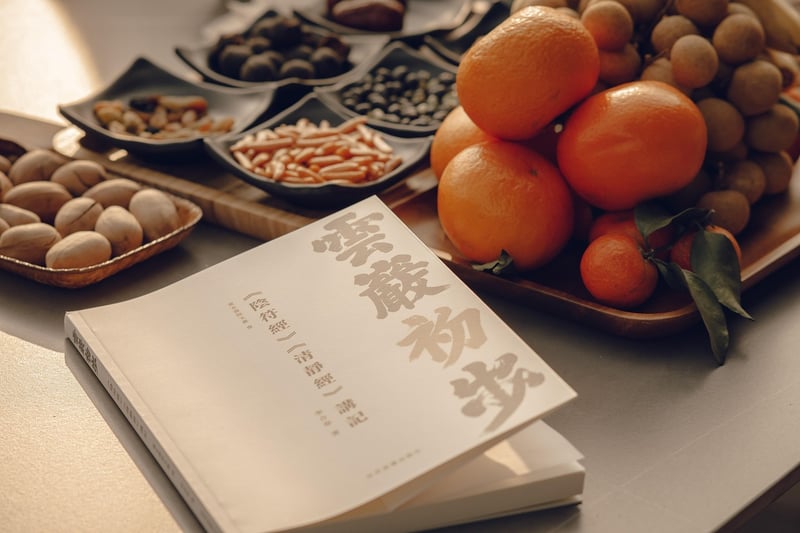Mindfulness Practice
The Positive Impacts of Zen Gardening and Mindfulness Practice

Zen gardening, also known as Japanese rock or dry landscape gardening, is a meditative practice that combines elements of nature, simplicity, and mindfulness. This ancient tradition has numerous positive impacts on mental well-being and overall quality of life.
1. Stress Reduction
Engaging in zen gardening helps individuals focus on the present moment, promoting relaxation and reducing stress levels. Raking sand or arranging rocks mindfully can have a calming effect on the mind, leading to a sense of peace and tranquility.
2. Improved Concentration
Practicing zen gardening requires careful attention to detail and a focused mindset. This cultivates improved concentration skills that can be beneficial in other areas of life, such as work or study.
3. Mindfulness Practice
Zen gardening is a form of mindfulness practice that encourages awareness of thoughts, emotions, and sensations without judgment. By staying present in the moment while tending to the garden, individuals can enhance their mindfulness skills and develop a deeper sense of self-awareness.

4. Connection to Nature
Creating and maintaining a zen garden fosters a deeper connection to nature and the natural world. Spending time outdoors, surrounded by elements like rocks, sand, and plants, can evoke a sense of harmony and interconnectedness with the environment.
5. Emotional Well-being
Engaging in zen gardening can have a positive impact on emotional well-being by promoting relaxation, reducing anxiety, and fostering a sense of inner peace. The act of creating a zen garden can be a therapeutic outlet for processing emotions and finding inner balance.
6. Cultivating Patience
Zen gardening teaches patience and acceptance of the present moment. The slow and deliberate process of tending to the garden encourages individuals to embrace impermanence and appreciate the beauty of each moment as it unfolds.
Overall, the practice of zen gardening and mindfulness offers a range of benefits for mental health, emotional well-being, and personal growth. By incorporating these practices into daily life, individuals can cultivate a sense of inner peace, clarity, and balance.
